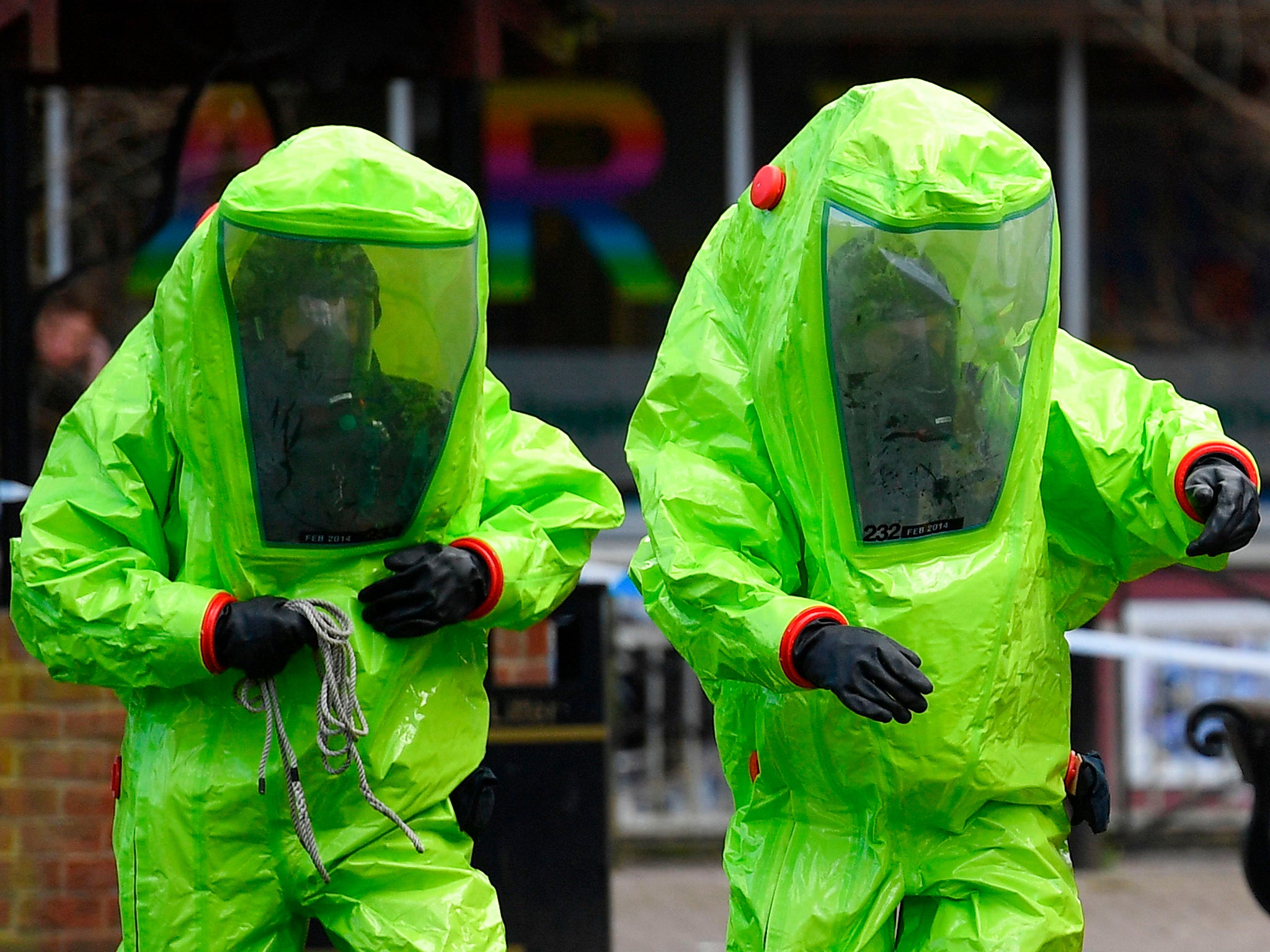May is declaring 'mission accomplished' against Russia's spies – but recent setbacks may see them up their game
Russian intelligence was very good in the past and could well be again in the future


One of the main reasons that the Kremlin felt confident enough to carry out the novichok attack, it has been claimed, was because of Britain’s failure to take strong retaliatory measures after the murder of Alexander Litvinenko. Theresa May was home secretary at the time of the dissident’s death through polonium poisoning 12 years ago. As prime minister she has once again vowed tough action against Moscow following the attempted assassination of former MI6 spy Sergei Skripal in Salisbury, pledging not to rest until the nefarious acts of Vladimir Putin’s government were “exposed” and its intelligence network “dismantled”.
In her address at the Lord Mayor’s Banquet in the City of London Mrs May effectively declared “mission accomplished” by maintaining Russia’s intelligence capabilities have been degraded for years to come. She also took the opportunity to offer Mr Putin a path back to warmer relations with the UK if he mends his ways and stops carrying out attacks on the west.
It is indeed the case that the expulsions of Russians working under diplomatic credentials by the UK and its allies after Salisbury had an effect. Mrs May said at the time, back in March, that Russia’s espionage network in the west has been “dismantled” and “crippled”, and it is the case that losing 115 personnel would be a blow to most services.
There have been some successes against the Russians due to renewed international focus on their clandestine activities, such as the recent highly publicised arrests in the Netherlands and less publicised ones in Portugal and Austria.
The Skripal case and its aftermath has also shown the seemingly startling ineptitude of Russian intelligence, or more specifically its military branch, the GRU, ranging from the failure to kill Mr Skripal and the ludicrous “tourist” cover story of the two would-be assassins, to the sheer extent of incriminating material found on those detained in the Hague.
The embarrassing setbacks are, according to reports, leading to reforms in the GRU and will likely lead to better performance. They had some success, as my colleagues and I observed while covering the Ukrainian civil war and Crimean annexation. Russian intelligence was very good in the past and could be again in the future.
The Kremlin’s clandestine operations have had successes as well. Investigations continue into whether they helped put the Muscovian candidate, Donald Trump, into the White House and there is ample evidence that there was interference in Western politics from the German and French elections to the Brexit and Catalan separatist campaigns, with varying degrees of success.
Mrs May, however, made another promise after Salisbury – that she will crack down on the UK being used for Russian money-laundering and other illicit activities. But, as a recent report by London think tank Chatham House pointed out, very little, if anything, has been done in this regard.
Focusing on those piles of wealth will, under law, have to target other nationalities as well as Russians. The suspicion remains that post-Brexit Britain, facing huge economic uncertainties, can ill-afford to drive such money away. Warmer relations with Mr Putin’s Russia may well be a matter of financial necessity rather than choice.
Join our commenting forum
Join thought-provoking conversations, follow other Independent readers and see their replies
Comments